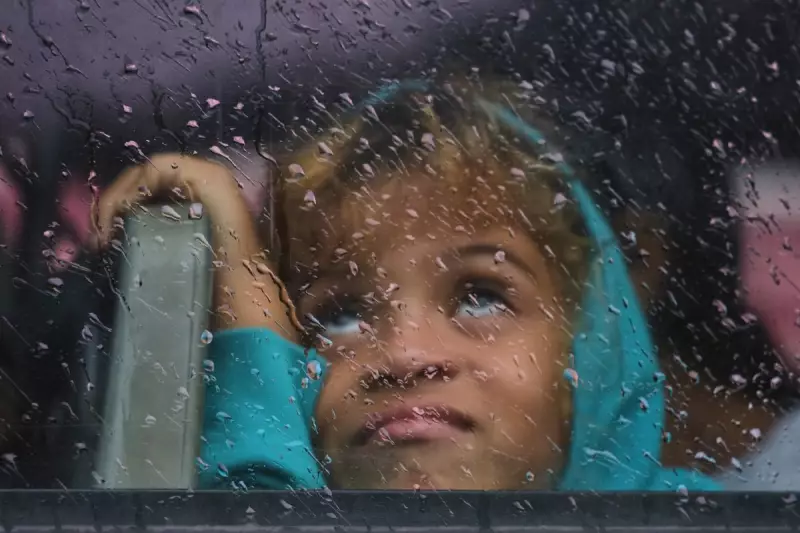
In a sweeping digital crackdown that has sent shockwaves through the Caribbean nation, Cuban authorities have completely blocked access to Instagram and multiple Virtual Private Network (VPN) services, severely restricting citizens' ability to communicate and conduct business online.
Digital Isolation Deepens
The blockade, which began on Wednesday, represents one of the most significant internet restrictions imposed by the communist government in recent years. Instagram had remained one of the few major social media platforms accessible to Cubans after previous bans on Facebook and WhatsApp.
"This is catastrophic for my business," said one Havana-based entrepreneur who relied on Instagram to sell handmade crafts. "Instagram was our window to the world, our marketplace, our everything. Now we're completely cut off."
VPN Services Targeted
In a strategic move that demonstrates the sophistication of the crackdown, authorities have also blocked access to several popular VPN services that citizens typically use to circumvent government restrictions. This double-pronged approach has left many Cubans with limited options to bypass the censorship.
A government statement cited "defence of national sovereignty" and protection against "cyberterrorism" as justification for the measures, though critics argue this represents another step in the systematic erosion of digital freedoms.
Economic Impact and Public Outcry
The consequences extend far beyond social connectivity. Cuba's emerging private sector, which has increasingly relied on social media platforms for commerce, faces potential ruin. Thousands of small businesses operating on Instagram now find their primary sales channels severed overnight.
Public frustration is mounting, with reports of spontaneous protests in several neighbourhoods. The timing is particularly sensitive as Cuba grapples with its worst economic crisis in decades, compounded by stringent US sanctions and the lingering effects of the pandemic.
International Response
Human rights organisations have condemned the move, with Amnesty International describing it as "a blatant violation of freedom of expression and access to information." The digital blackout comes amid growing international concern about internet freedom in the region.
As connectivity becomes increasingly patchy across the island, many Cubans fear this represents a new normal rather than a temporary measure, raising troubling questions about digital rights and economic survival in one of the Caribbean's most complex political landscapes.





